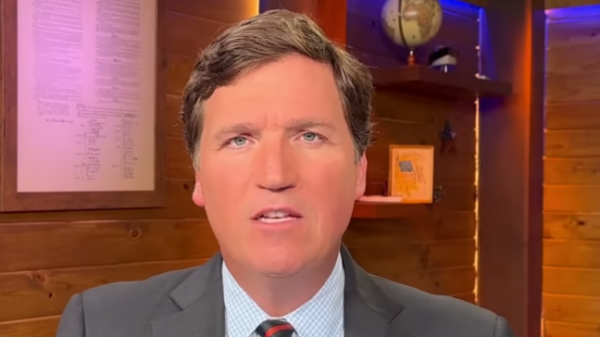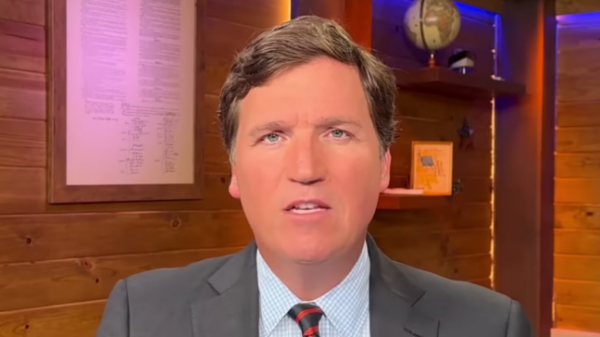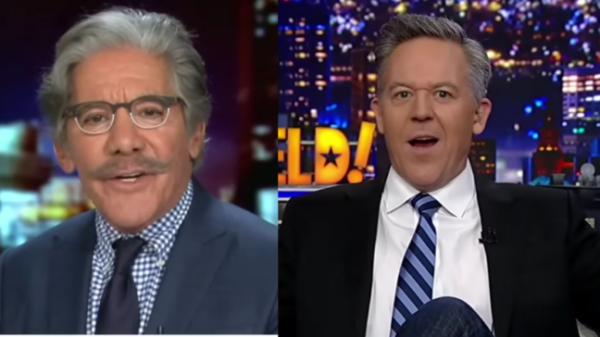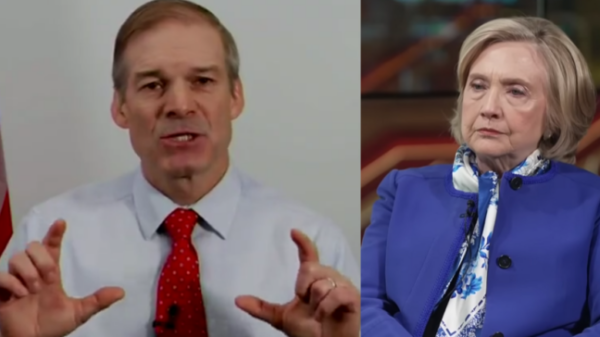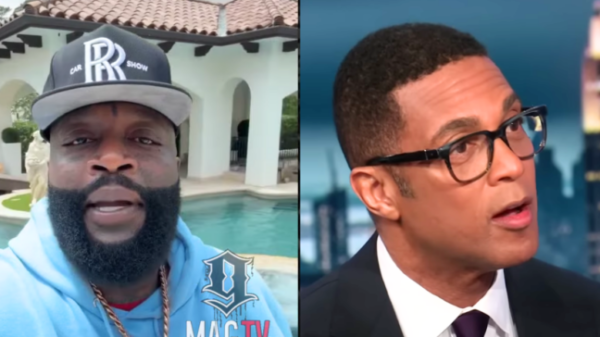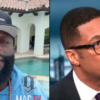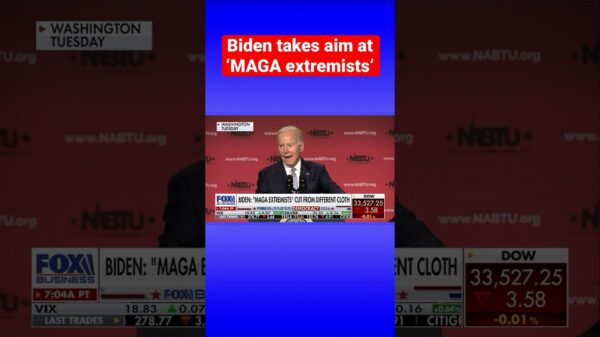This week, Donald Trump’s presidential administration reportedly barred the Associated Press (A.P.) from the Oval Office for not adopting his preferred geographical nomenclature. Unfortunately, the childish squabble could carry major First Amendment implications.
Among dozens of executive actions issued on his first day in office, Trump signed an executive order declaring that the Gulf of Mexico would henceforth be known as the Gulf of America.
Not everybody adopted the change right away. According to its style guide, in an entry published three days into Trump’s term, the Associated Press said it would “refer to [the Gulf of Mexico] by its original name while acknowledging the new name Trump has chosen. As a global news agency that disseminates news around the world, the AP must ensure that place names and geography are easily recognizable to all audiences.”
This apparently did not sit well with Trump.
“Today we were informed by the White House that if AP did not align its editorial standards with President Donald Trump’s executive order renaming the Gulf of Mexico as the Gulf of America, AP would be barred from accessing an event in the Oval Office,” A.P. Executive Editor Julie Pace said in a February 11 statement. “This afternoon AP’s reporter was blocked from attending an executive order signing.”
“It is alarming that the Trump administration would punish AP for its independent journalism,” Pace added. “Limiting our access to the Oval Office based on the content of AP’s speech not only severely impedes the public’s access to independent news, it plainly violates the First Amendment.”
At a press conference the following day, CNN’s Kaitlin Collins asked White House press secretary Karoline Leavitt whether the decision to bar the A.P. over the organization’s style guide language was “retaliatory in nature” and set a “precedent that this White House will retaliate against reporters who don’t use the language that you guys believe reporters should use.”
“If we feel that there are lies being pushed by outlets in this room, we are going to hold those lies accountable,” Leavitt replied, “and it is a fact that the body of water off the coast of Louisiana is called the Gulf of America, and I’m not sure why news outlets don’t want to call it that, but that is what it is.”
As Reason‘s Eric Boehm noted last month, simply decreeing that the Gulf of Mexico—which bore that name before the Pilgrims landed in what would become Massachusetts—will now be called by a different name does not make it a universally recognized fact. It may be the federal government’s position that the name is different, but that has little to no bearing on what other countries call it—even though Leavitt said it was “very important” that news outlets adopt the new name “not just for people here at home, but also for the rest of the world.”
The squabble is humorous for how sophomoric it is, with Trump punishing a news outlet for little more than hurting his feelings. “Woke White House bans AP from event over deadnaming the Gulf of Mexico,” snarked one social media user.
But as Collins noted, it sets a dangerous precedent that the Trump administration will punish journalists who don’t toe the party line.
“Punishing journalists for not adopting state-mandated terminology is an alarming attack on press freedom,” the Foundation for Individual Rights and Expression (FIRE) said in a statement after the news broke. “That’s viewpoint discrimination, and it’s unconstitutional. President Trump has the authority to change how the U.S. government refers to the Gulf. But he cannot punish a news organization for using another term.”
“In the relationship between the press and the Office of the President, coverage and standards are entirely in the purview of individual organizations,” echoed Eugene Daniels, president of the White House Correspondents Association. “The White House cannot dictate how news organizations report the news, nor should it penalize working journalists because it is unhappy with their editors’ decisions.”
“The level of pettiness displayed by the White House is so incredible that it almost hides the gravity of the situation,” added Clayton Weimers, executive director of Reporters Without Borders. “A sitting president is punishing a major news outlet for its constitutionally protected choice of words.”
This is not the first time Trump tried to bar reporters from the White House over a petty squabble: In November 2018, during his first term, Trump revoked the press credentials of CNN’s Jim Acosta after a heated exchange at a press conference, when Acosta repeatedly pressed Trump on his use of the term invasion to describe an influx of Central American migrants approaching the U.S.–Mexico border.
Acosta was later denied access to the White House, and Trump said he would consider revoking other reporters’ access, as well: “You have to treat the White House with respect. You have to treat the presidency with respect.”
CNN sued, and Judge Timothy J. Kelly of the District Court for the District of Columbia ruled in its favor, ordering Acosta’s access to be reinstated. Kelly noted that while presidents do have the right to decide which outlets can cover the White House, it cannot revoke access without sufficient due process.
In August 2019, the White House suspended Playboy correspondent Brian Karem’s credentials for 30 days after he got into a heated argument with right-wing radio host Sebastian Gorka in the White House Rose Garden. Karem similarly sued, and the U.S. Court of Appeals for the District of Columbia Circuit ruled that the White House’s action violated Karem’s right to due process.







